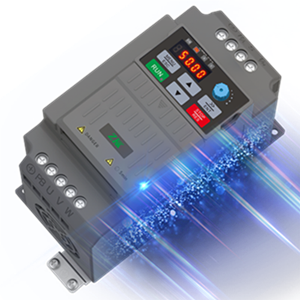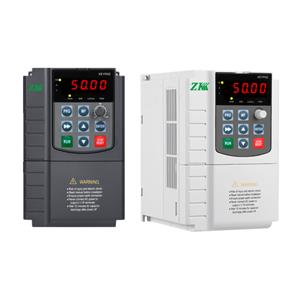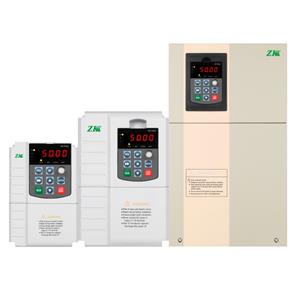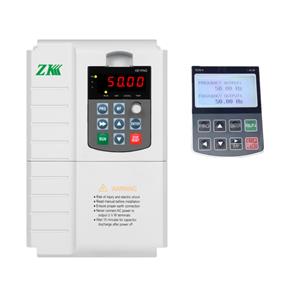Enhanced Exploration of Market Applications for Solar Pump Inverters
The advancement of photovoltaic technologies has catalyzed a plethora of innovative applications substantively furthering the sustainable development imperatives of numerous sovereign entities. At the forefront lies the solar pump inverter—a device that has markedly redefined paradigms in irrigation, potable water delivery systems, and industrial utilizations through the strategic exploitation of solar irradiance. An in-depth examination of the market applications for solar energy pump inverters underscores their indispensable function across both the developed and developing world, presenting solutions that are simultaneously energy-efficient, fiscally prudent, and eco-conscious.
Solar pump inverters are sophisticated electronic apparatuses that adeptly modulate the photovoltaic direct current (DC) output into the alternating current (AC) requisite to energize water pumps. These inverters are meticulously engineered to manage the inherently variable power yield from photovoltaic arrays, guaranteeing that water pump operations maintain high efficiency despite the vicissitudes of solar irradiance. The introduction of these inverters offers a wealth of benefits, including diminishing reliance on conventional grid electricity or diesel generators—signifying substantial reductions in operational expenditures and curtailed emissions of greenhouse gases.
Within the agricultural arena, the market penetration of solar pump inverters has engendered a transformative impact. By facilitating water access for irrigation independent of conventional energy infrastructures—which are oftentimes exorbitantly priced and lack reliability—these devices have substantially fortified agricultural productivity and food security. For secluded locales where the expansion of electrical grids is not economically viable, solar pump inverters furnish a sustainable and autonomous avenue for water retrieval from aquifers, watercourses, and lacustrine bodies. Furthermore, the local generation of power mitigates the financial burden associated with the conveyance and upkeep of traditional power generators.
The residential sector derives tangible benefits from the implementation of solar energy pump inverters as well. These units are instrumental in energizing household well pumps, ensuring domestic water supply, and even the operation of aquatic recreational facilities. Property owners acknowledge the merits of adopting such inverters in view of their contribution to reducing household energy costs, fostering energy autonomy, and their subdued operational acoustic footprint, which allows for their unobtrusive incorporation into home settings.
Industrially, the versatility of solar energy pump inverters encompasses an extensive gamut of applications, most notably within water treatment plants, mining endeavors, and diverse manufacturing workflows. Entities intent on curbing energy outlay and diminishing their ecological footprint have identified solar pump inverters as an efficacious alternative. Capitalizing on photovoltaic energy, corporations are capacitated to manage water pumps for cooling apparatuses, the recirculation of process water, or the administration of effluent with heightened reliability and economic energy consumption.
The demand for solar pump inverters is particularly pronounced within districts grappling with scarce potable water resources. Crucially instrumental in communal water initiatives, these devices empower the activation of pumps that extract water from subterranean reserves or other indigenous sources, centralizing the treatment and dissemination of purified water. The adaptability and dependability of solar pump inverters are indispensable in addressing the manifold requirements of metropolitan and pastoral populations, underpinning development programs dedicated to ensuring the availability of drinkable water for all communities.
A principal catalyst underpinning the market expansion for solar pump inverters is the pervasive shift towards the adoption of renewable energy sources. Regimes globally are promulgating the adoption of solar technologies via inducements that include subsides, tax allowances, and conducive regulatory provisions, spurring both individuals and enterprises to transition to these cleaner energy paradigms. This legislative and fiscal endorsement, amalgamated with progressive strides in photovoltaic modules and energy storage solutions, has effectuated a decrement in systemic expenditures, augmenting the allure of solar pump inverters.
In summation, the market applications of solar pump inverters are both broad-ranging and profoundly influential, encompassing the sectors of agriculture, habitation, industry, and communal water supply networks. With their pronounced capacity to proffer solutions that are energy-conserving, cost-averse, and ecologically benign, solar energy pump inverters are unequivocally poised to assume a critical role in the epochal transition towards a more verdant future.




